El Salvador, the smallest and most densely populated country in Central America, boasts a rich history, vibrant culture, and diverse landscapes. Nestled between Guatemala and Honduras on the Pacific Coast, this tiny nation has overcome significant challenges to emerge as a resilient and dynamic player on the global stage. In this comprehensive exploration, we’ll delve into the essence of El Salvador, covering its geography, history, culture, economy, and current affairs.
Geography:
El Salvador is located in the Central American isthmus, bordered by Guatemala to the west, Honduras to the north and east, and the Pacific Ocean to the south. Despite its small size, El Salvador’s geography is remarkably diverse, featuring rugged mountains, fertile valleys, volcanic landscapes, and pristine beaches.
The country is dominated by the Cordillera de Apaneca, a volcanic mountain range that runs from west to east, dividing El Salvador into two main regions: the northern highlands and the southern coastal plain. The highlands are characterized by their cooler climate, lush vegetation, and picturesque landscapes, while the coastal plain is known for its tropical climate, fertile soil, and palm-fringed beaches.
El Salvador is home to over 20 volcanoes, including the iconic Izalco, which earned the nickname “Lighthouse of the Pacific” due to its frequent eruptions. The volcanic activity has contributed to the country’s fertile soil and agricultural productivity, but it also poses risks such as landslides, earthquakes, and volcanic eruptions.
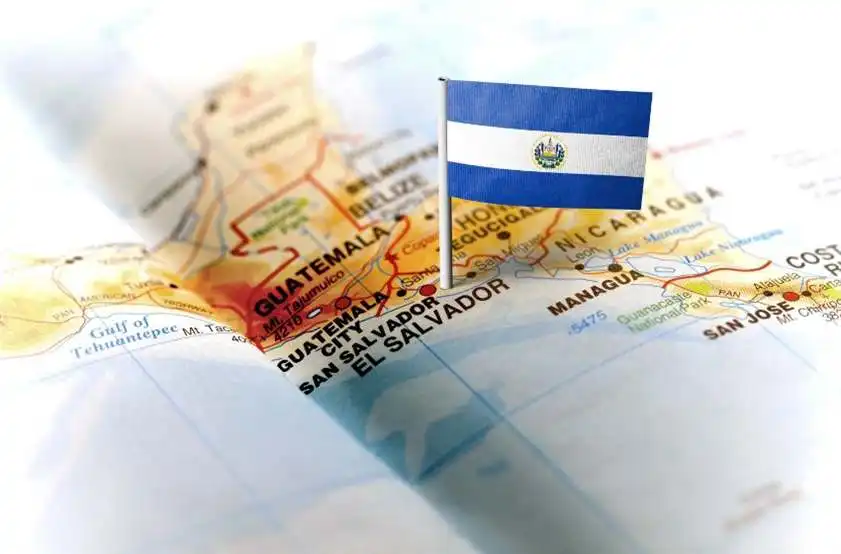
History:
El Salvador’s history is a complex tapestry woven from the threads of indigenous cultures, Spanish colonization, and struggles for independence and social justice. The region was inhabited by indigenous peoples such as the Pipil, Lenca, and Maya long before the arrival of Europeans, who had established sophisticated civilizations and cultural traditions.
In the early 16th century, Spanish conquistadors arrived in El Salvador and began to colonize the region. They established settlements such as San Salvador and introduced Christianity, the Spanish language, and European customs and laws. The Spanish also enslaved indigenous peoples and forced them to work on plantations and in mines, leading to a legacy of exploitation and resistance.
El Salvador gained independence from Spain in 1821 and briefly became part of the Mexican Empire before joining the United Provinces of Central America. In 1841, El Salvador declared its independence from the federation and became a sovereign nation with its own government and constitution.
The country’s modern history has been marked by political instability, social inequality, and armed conflict. El Salvador experienced a brutal civil war from 1980 to 1992, in which government forces and leftist guerrillas fought for control of the country. The war resulted in tens of thousands of deaths, disappearances, and human rights abuses, as well as widespread displacement and economic devastation.
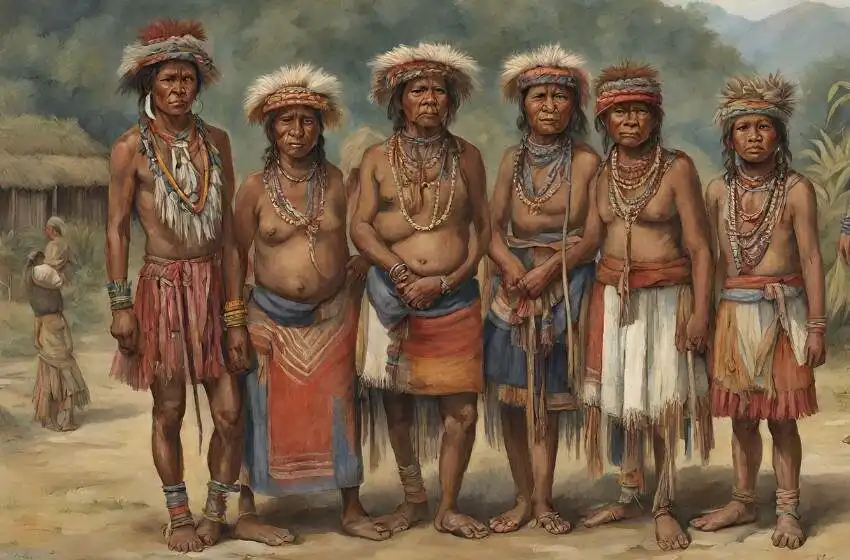
Culture:
El Salvador’s culture is a vibrant blend of indigenous, European, African, and mestizo influences, reflected in its music, dance, art, literature, and cuisine. The country’s diverse cultural heritage is celebrated through colorful festivals, traditional rituals, and a strong sense of national identity.
Music is an integral part of Salvadoran culture, with genres such as cumbia, salsa, and reggaeton enjoying widespread popularity. Traditional instruments such as the marimba, guitar, and drums are commonly used in folk music, while modern styles such as hip-hop and electronic dance music are also popular.
Dance is also a cherished tradition in El Salvador, with styles such as cumbia, merengue, and punta being performed at festivals, celebrations, and social gatherings throughout the country. Traditional dances often incorporate elements of indigenous, African, and European culture, reflecting El Salvador’s multicultural heritage.
Salvadoran cuisine is diverse and flavorful, with dishes such as pupusas, yuca frita, and ceviche showcasing the country’s culinary traditions. Staples such as corn, beans, and rice are commonly used in Salvadoran cooking, while meats, seafood, and tropical fruits add variety and depth to the cuisine.
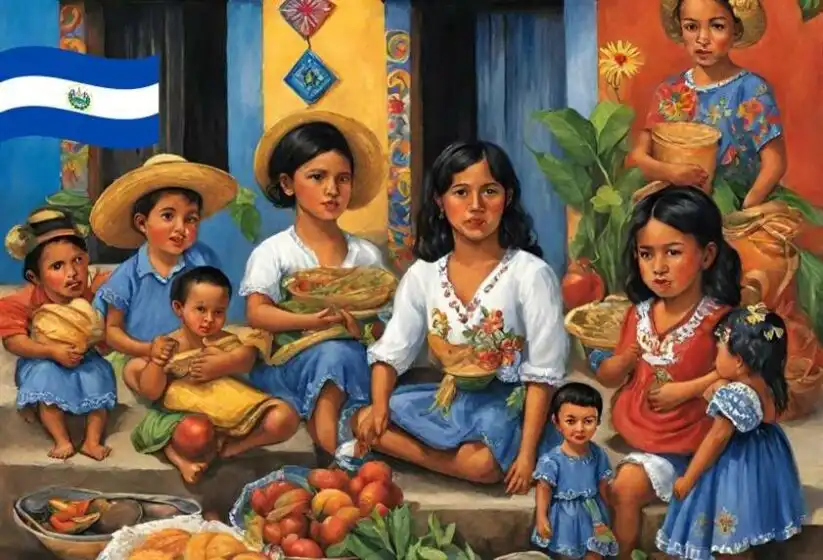
Economy:
El Salvador has a mixed economy with a diverse range of industries, including agriculture, manufacturing, services, and tourism. The country is one of the world’s largest producers of coffee, as well as a major exporter of textiles, apparel, and remittances.
Agriculture is a significant contributor to El Salvador’s economy, employing a large portion of the population and generating export revenue. The country’s fertile soil, favorable climate, and abundant water resources make it well-suited for a wide variety of crops, including coffee, sugar cane, and tropical fruits.
Manufacturing has emerged as a key driver of economic growth in El Salvador, with industries such as textiles, apparel, and electronics playing important roles. The country’s strategic location, access to international markets, and favorable trade agreements have attracted foreign investment and facilitated economic development.
Tourism is also an important sector of El Salvador’s economy, with the country’s natural beauty, cultural heritage, and historical attractions attracting visitors from around the world. Popular destinations include the Ruta de las Flores, the Mayan ruins of Joya de Cerén, and the beaches of La Libertad, which offer a wide range of outdoor activities, cultural experiences, and ecotourism opportunities.
UNESCO World Heritage Sites:
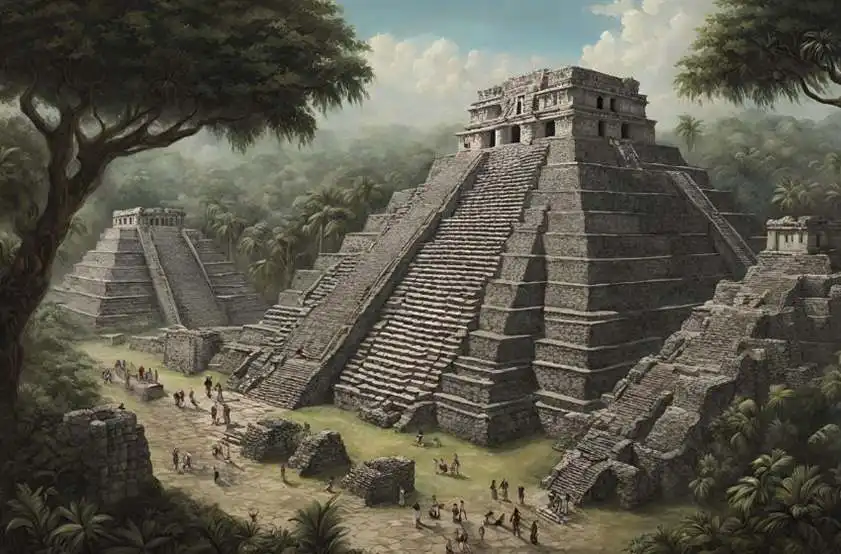
The most striking curiosities that make unique:
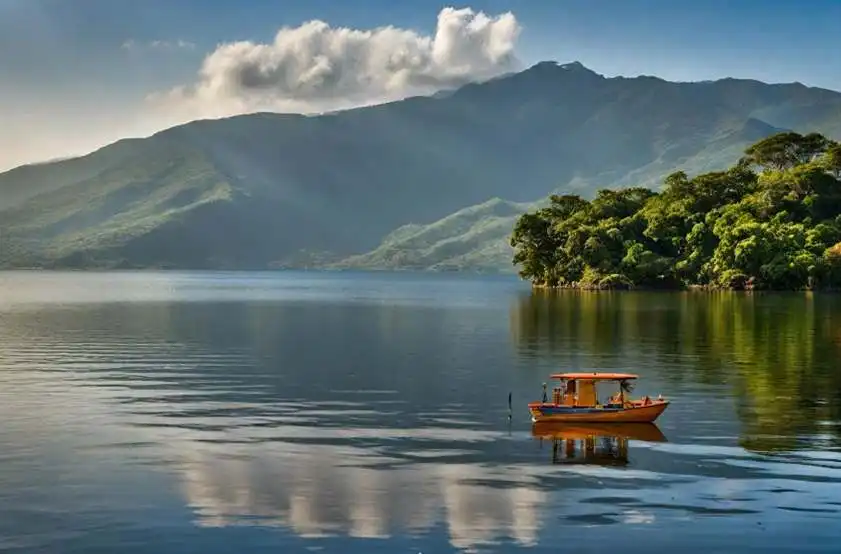
The most touristically renowned places:
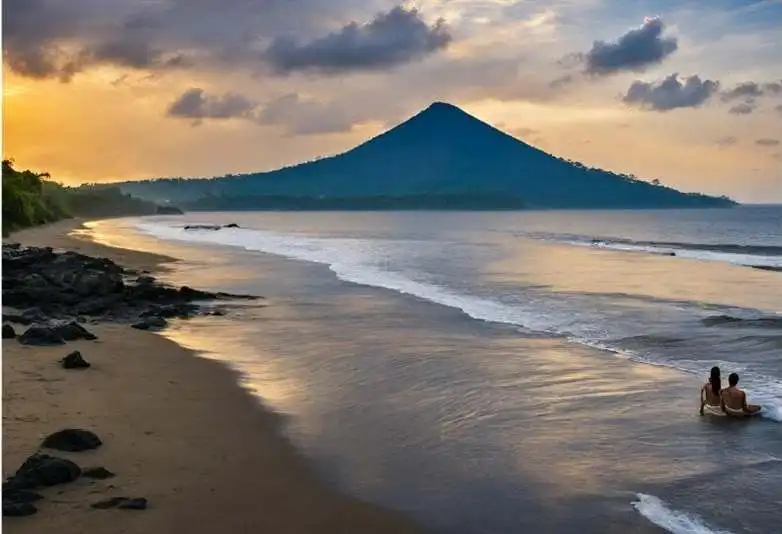
Conclusion:
El Salvador’s story is one of resilience, diversity, and transformation, as the country navigates the challenges and opportunities of the 21st century. Its rich cultural heritage, diverse landscapes, and enterprising people make it a dynamic and captivating place to explore. As El Salvador continues on its journey of growth and development, it faces numerous challenges and uncertainties, from addressing social inequality and environmental sustainability to promoting economic prosperity and democratic governance. Despite the complexities and hardships, El Salvador’s spirit of resilience, creativity, and optimism shines brightly, inspiring both its citizens and the world at large.


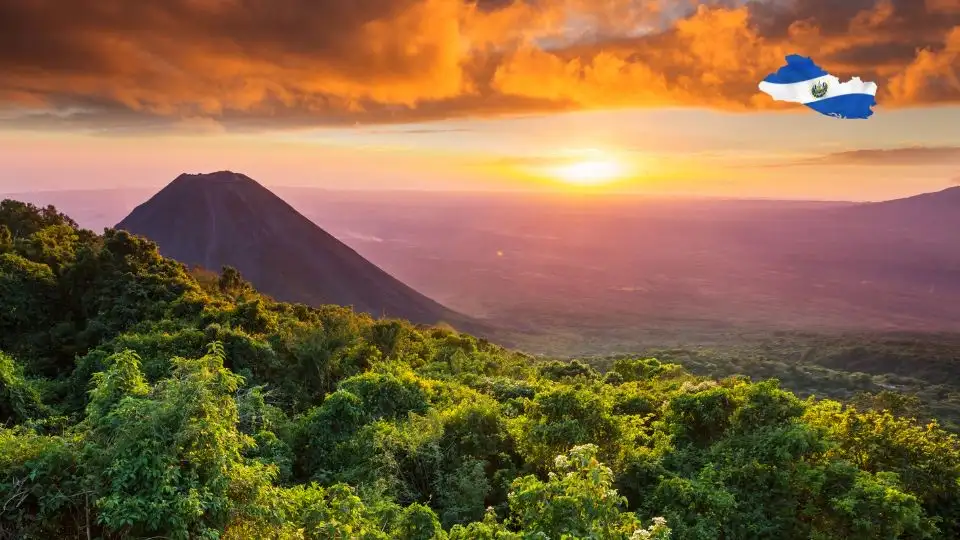
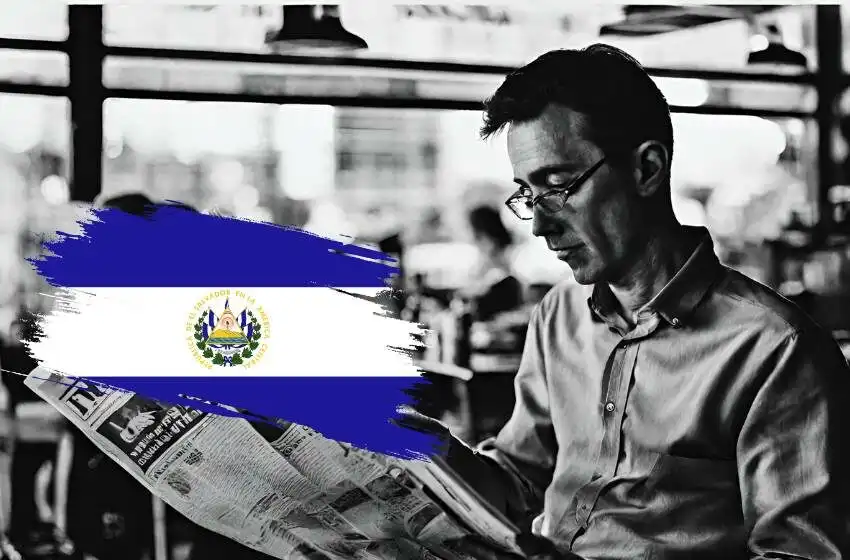

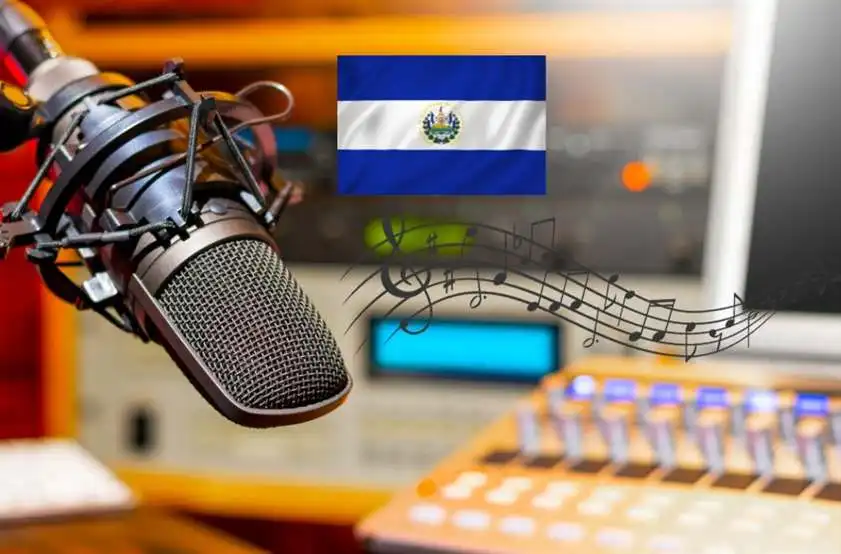
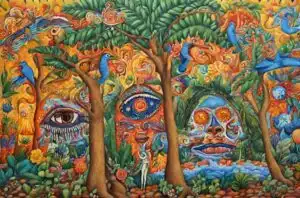
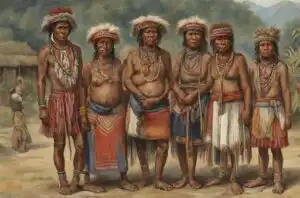
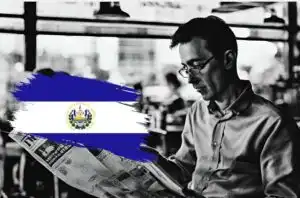

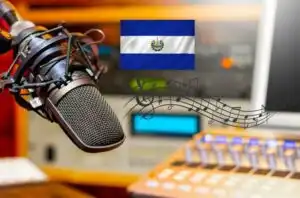
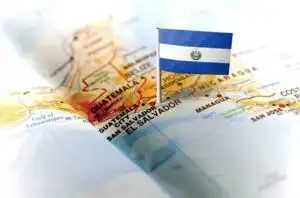
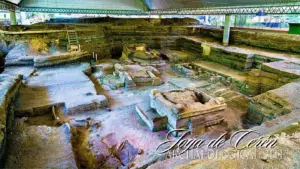
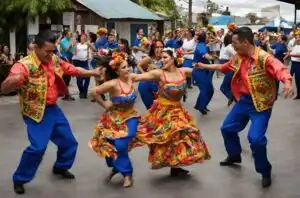
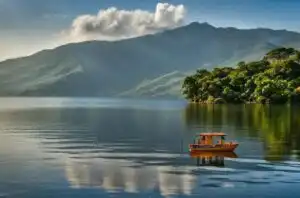
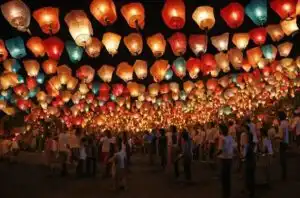
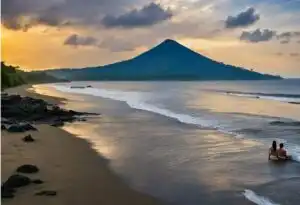
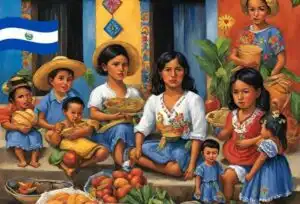
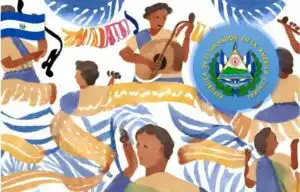
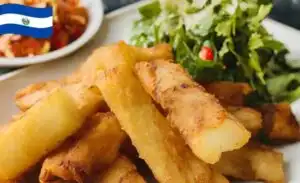
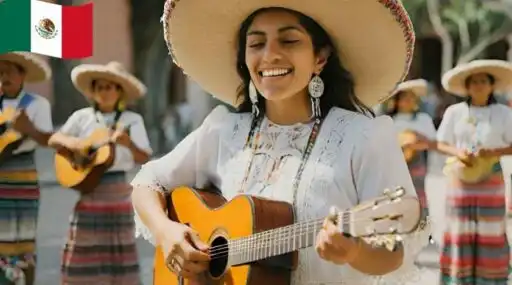

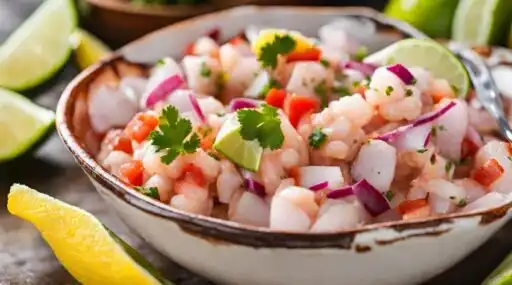

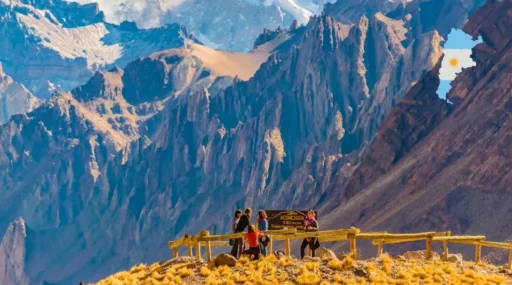

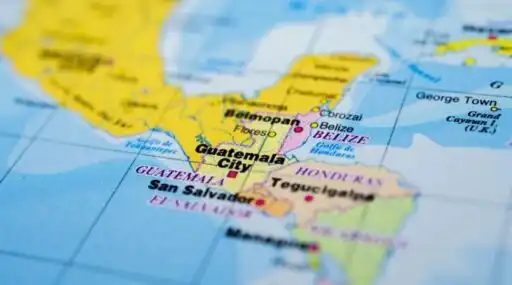

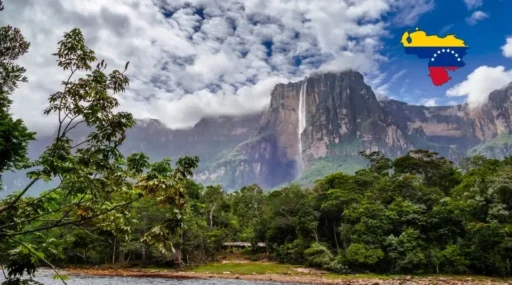
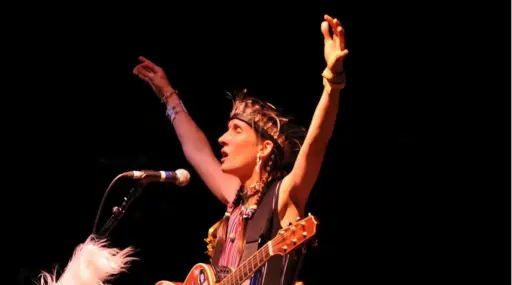
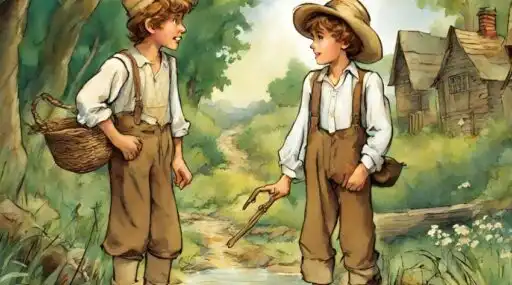
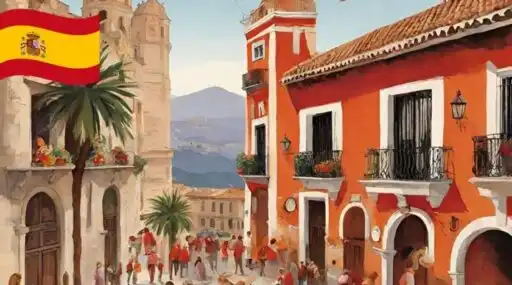
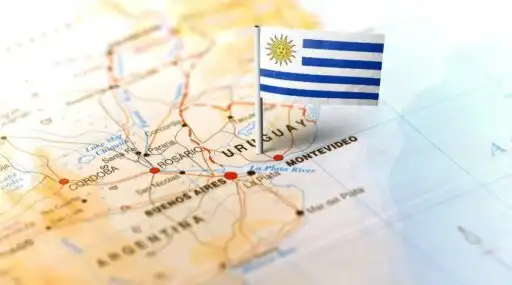


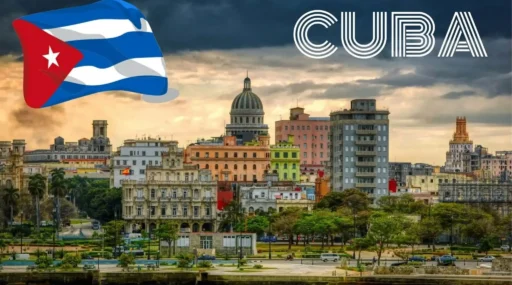


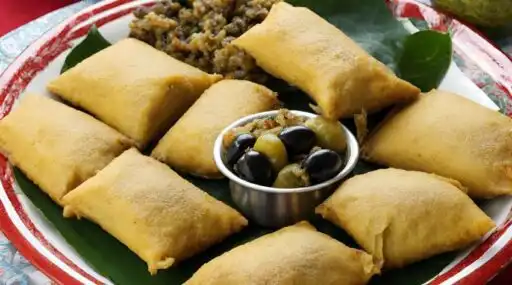
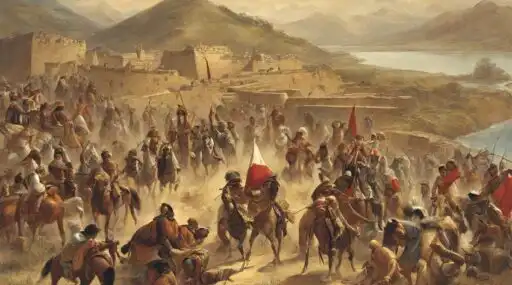
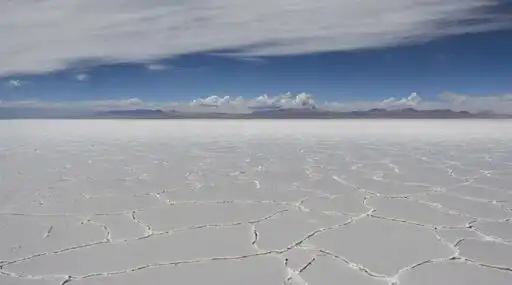
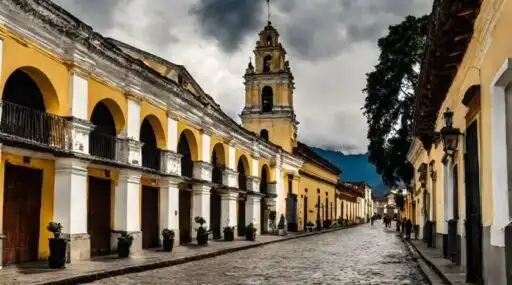


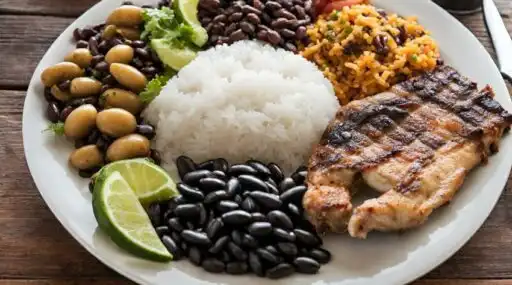
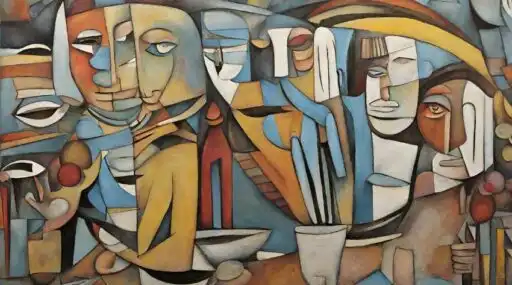


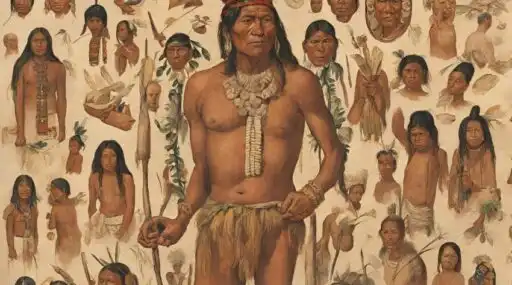

Leave a Reply